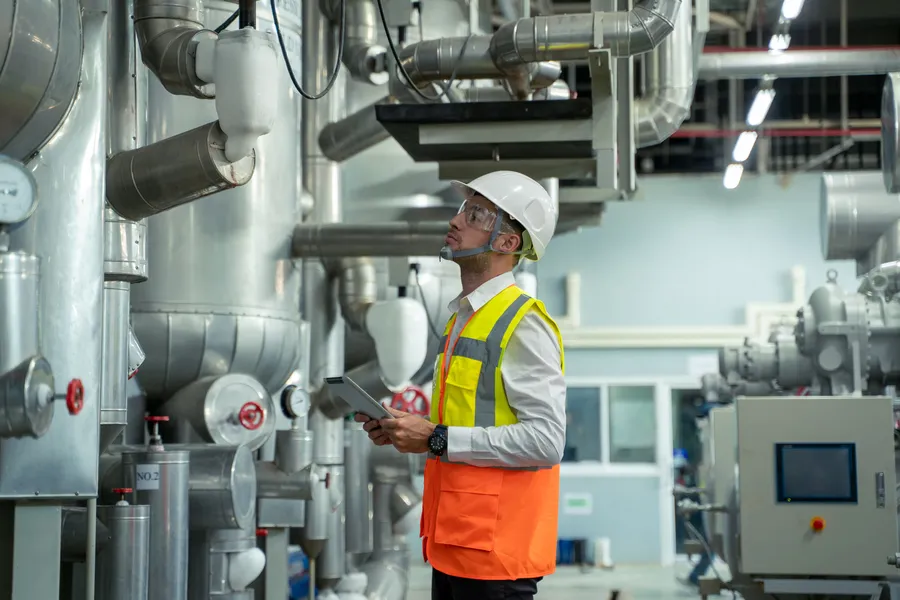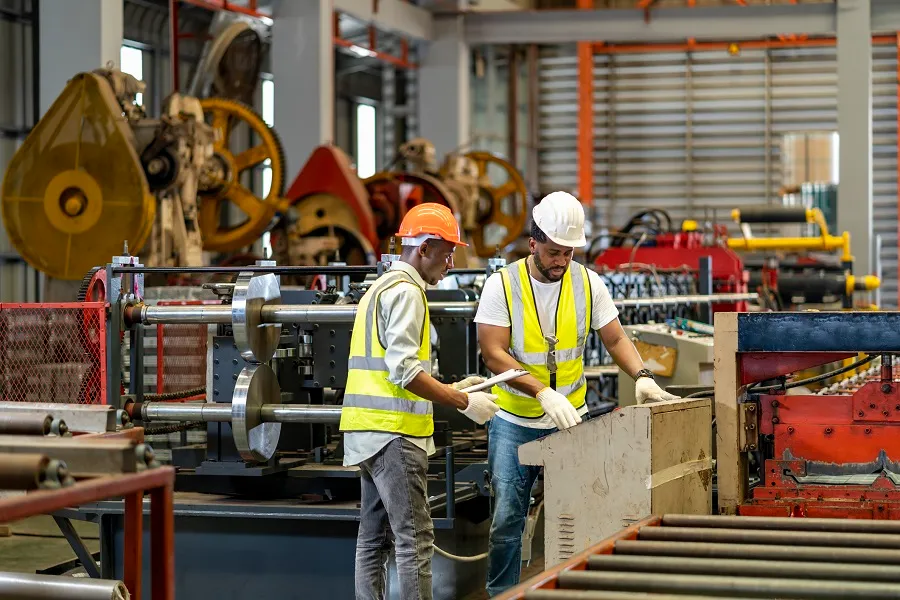The Vital Role of Maintenance in Welding Operations
The welding industry is a cornerstone of manufacturing, construction, and engineering. It involves joining materials, usually metals, through high heat. This process requires precision and reliability from the equipment used. Regular maintenance is crucial to ensure that welding machinery functions properly and safely. When equipment fails, it can lead to costly downtime and substandard work quality. As such, keeping your tools in top condition is not just recommended; it’s essential for maintaining productivity and safety in any welding operation.

Why Proper Maintenance Matters
Proper maintenance in welding ensures that machines operate efficiently and safely. This reduces the risk of unexpected breakdowns that can halt production lines. Efficient equipment minimizes waste, leading to cost savings for businesses. Moreover, well-maintained tools produce higher quality welds, which meet safety standards and satisfy client demands. Regular check-ups can also extend the lifespan of equipment, providing better returns on investment over time.
Common Challenges Faced During Repairs
Despite its importance, maintenance and repairs come with their challenges. One major hurdle is the availability of spare parts. Sometimes, parts are hard to find or expensive, making Equipment Repair a complex task. Additionally, identifying issues early requires trained professionals who understand the intricacies of welding equipment. Without proper expertise, small problems might go unnoticed until they become bigger issues. Time constraints also pose a challenge as companies often need quick fixes to avoid disrupting their schedules.

Effective Solutions for Smooth Operations
To tackle these challenges, companies should establish a regular maintenance schedule. Training employees to recognize early signs of wear and tear can prevent larger issues. Partnering with reliable suppliers ensures you have access to necessary parts when needed. Also, investing in high-quality equipment at the start can reduce the frequency of required repairs. These steps contribute to smoother operations and lower long-term costs associated with Equipment Repair.
Expert Tips for Maintaining Welding Machines
- Conduct regular inspections to catch potential issues early.
- Keep equipment clean to prevent dust buildup that can cause malfunctions.
- Train staff on proper usage techniques to minimize wear and tear.
- Use genuine replacement parts to ensure compatibility and durability.
- Schedule periodic professional assessments for comprehensive checks.
Adhering to Industry Standards
The welding industry has specific standards for equipment safety and performance. Compliance with these regulations ensures not only legal conformity but also operational safety. Organizations like the American Welding Society (AWS) provide guidelines on how to maintain equipment according to industry standards. Following these rules helps prevent accidents and ensures that your operations run smoothly without interruptions caused by faulty machinery.
Cost Implications and Considerations
The cost of maintaining welding equipment can vary based on several factors. These include the frequency of use, type of machinery, and availability of parts. While regular maintenance may seem costly upfront, it saves money by preventing expensive emergency repairs and extending the life of your machines. It’s important to weigh these costs against potential losses due to downtime or poor quality output. Investing in preventative measures typically yields significant savings over time.
Invest in Reliable Equipment Management
Maintaining welding equipment effectively is crucial for success in the industry. By prioritizing regular maintenance and following best practices, you can enjoy smooth operations and superior results. Reach out to Gear Heads Fabrication & Equipment Repair at (805) 793-6636 for expert advice on managing your equipment needs. Our team serves clients throughout Ventura, CA, ensuring they benefit from optimal machine performance and longevity.
